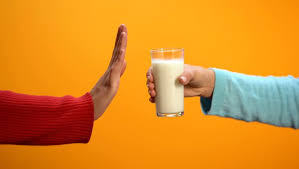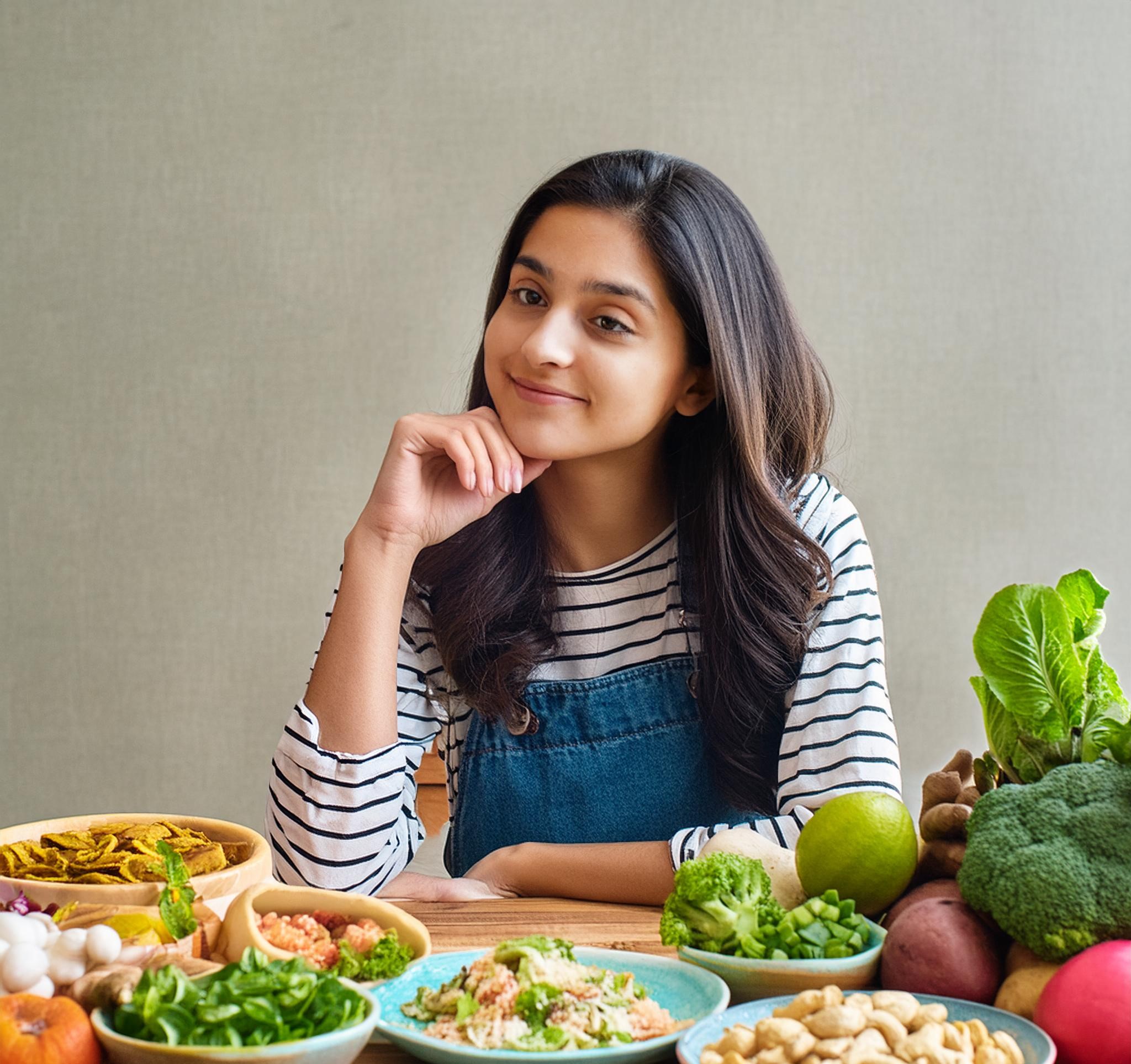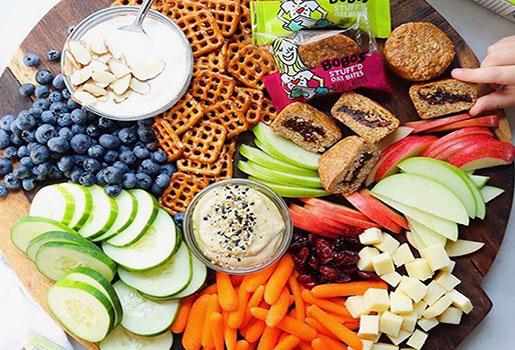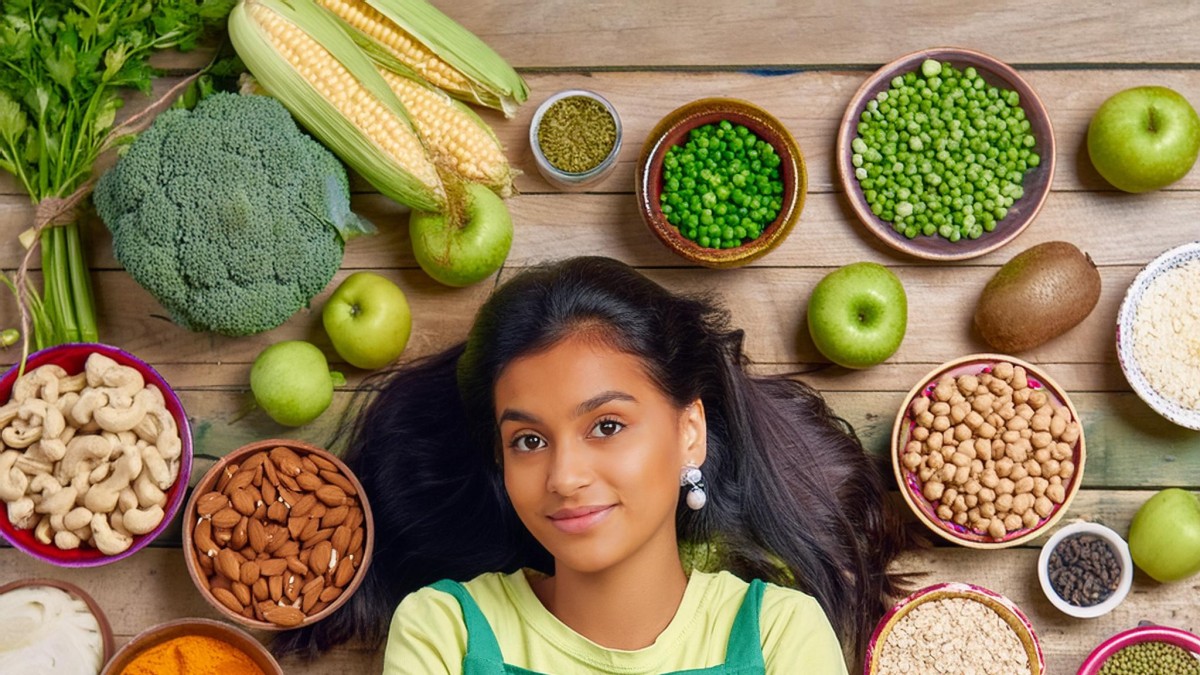Most of us have heard many times about people going vegan, and the health benefits of incorporating vegan elements in our day-to-day diet. But again, most of us don’t quite know where to start.
So here’s how to begin your journey into Veganism and why it is good for your body…..
What is a Vegan Diet?
A Vegan Diet is like any other Diet Plan where people get their nutrients only from plants and plant-based products, hence cutting out any animal produce.
Therefore, meat, fish, eggs, milk, honey, and any other products that are sourced from animals are not included in a vegan diet.
So where do we get our basic nutrients from?
It is quite simple.
Fruits, vegetables, nuts, seeds, and everything that is ethically and organically grown. The main source of the daily nutrients is completely sourced from plants, hence not harming the animals.
Now… Where to start?
Cutting out Dairy Products:
 Milk, Yogurt, Cheese, Butter and all the dairy products. Swapping out your everyday intake of milk and other dairy products for non-dairy ones is a great start to begin a Vegan Diet. This habit is not only good for people who are Lactose Intolerant but also a better way to start eating healthier.
Milk, Yogurt, Cheese, Butter and all the dairy products. Swapping out your everyday intake of milk and other dairy products for non-dairy ones is a great start to begin a Vegan Diet. This habit is not only good for people who are Lactose Intolerant but also a better way to start eating healthier.
Cheese is notorious for being high in cholesterol and is often cut out from Diet Plans for a healthier routine. Due to dairy’s higher fat content, it is also advised for patients with higher cholesterol and obesity to stop consuming dairy products.
But what about the source of calcium?
Here are a few non-dairy calcium-rich sources you can include in your diet…….
|
Source: |
Chia Seeds |
Almonds
|
Cabbage |
Ladies Finger (Okra) |
White Beans |
These are the sources that have a higher calcium content. Yet, one can also get their normal calcium intake from various other plant-based produce.
Reducing consumption of fish, meat, and eggs:
As we all know, Vegans do not consume any sort of meat, fish, or eggs as all of them are sourced from animals.
Reducing the intake of these food items is not only a better way to start incorporating a Vegan Diet but also a healthier choice for holistic digestion. Since meat is not easily digestible, it slows down the metabolic rate of our system and significantly leads to weight gain.
But how to balance the body's daily need for protein?
 There are a plethora of sources of protein, that have more protein content than meat. For instance, Legumes like Peas, Beans, Chickpeas, Kidney Beans, and Pulses like Mung Beans, Tur Dal, and many more. Apart from our daily pulse intake, Soy is one of the popular sources of protein and an excellent vegan alternative to many products. Soy can produce soy milk, tofu, and bean curd skins, that serve as a great alternative to regular milk, cottage cheese, and some meats. And it is a better way to get your protein as it digests easier than most meats.
There are a plethora of sources of protein, that have more protein content than meat. For instance, Legumes like Peas, Beans, Chickpeas, Kidney Beans, and Pulses like Mung Beans, Tur Dal, and many more. Apart from our daily pulse intake, Soy is one of the popular sources of protein and an excellent vegan alternative to many products. Soy can produce soy milk, tofu, and bean curd skins, that serve as a great alternative to regular milk, cottage cheese, and some meats. And it is a better way to get your protein as it digests easier than most meats.
Well-Rounded Plant-Based Meals as a Vegan Diet Plan:
As one is cutting down the dairy, meat, and other animal products from their daily diet, it is important to have a well-balanced vegan diet daily. Including a variety of fruits, vegetables, protein-rich legumes, and pulses in one’s daily diet is one way to ensure a body’s daily nutrient check.
A well-balanced Vegan Diet would include scratches like potatoes and brown rice, as well as protein sources like pulses, beans, and legumes. The vitamins are essential, hence they are sourced from vegetables and fruits.
Sourcing Organic Ingredients:
Consuming vegan also means ethically sourcing the raw produce. It is important to know where your ingredients are being sourced, are they organic or not? And are there any animal-based food additives?
Ethical consumption of food is one of the lesser-known topics to be discussed, even in the vegan community. Food preservatives are some of the significant reasons why one has a poor consumption rate. To ensure that your ingredients are produced ethically and do not contain any animal products or allergens, take an extra step to check the ingredients list behind the packets, or inquire from your local supermarket. Being aware of what is your body taking in is extremely important. For instance, some sugars might contain dairy that is used during the refining process, and to ensure that you're not consuming that, make sure to use organically sourced sugars.
Vegan Snacks:
 One of the biggest concerns and highly debated topics is cravings and tendencies to consume meat.
One of the biggest concerns and highly debated topics is cravings and tendencies to consume meat.
Hence, one must start finding alternatives to your snack consumption daily.
Some of the most popular vegan snacks that are also healthy are dry fruits and nuts.
Cashews, Walnuts, Almonds, Pecans, Raisins, Dried figs, and many more. They are not only a great source of nutrients like Omega 3 and Vitamins and a great alternative to unhealthy munchies like chips and biscuits.
If you have a nut allergy, roasted legumes, and sprouts are also a great snack that do not harm your body.
Vegan Alternatives to Common Pantry Items:
Finding some vegan alternatives to our common pantry items has a prejudice being difficult to source or quite expensive. But that is a myth. With the influx in the rise of vegan products in the markets, it has become easier to find or make food with your normal items without the need for any non-vegan ingredients.
Some examples would be the use of coconut milk instead of regular milk, or coconut oil and cocoa butter, instead of regular butter. As well as, having a variety of mushrooms instead of meats.
Mushrooms like King Trumpets and Oyster mushrooms are known for their meaty taste and texture and can be easily found in supermarkets. Eggs are one of the most difficult products to find an alternative for, but their addition to baked goods can be easily mimicked by flax seeds or the liquid of legumes.
Start Small:
Remember, going vegan is a big decision, hence starting with baby steps is very important. If you’re a voracious meat eater, it might be difficult to cut out meat altogether, therefore it is better to take it at your own pace. Like this, not only your body will adapt to the change in diet, but also the tendencies and cravings decrease gradually.
